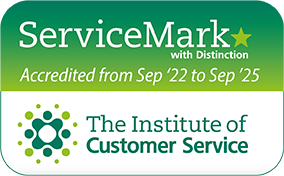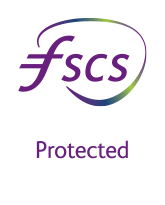If you have received an e-mail asking you to complete a survey from the ICS, please click here to read more about this request.
The National Cyber Security Centre (NCSC) have issued guidance designed to help consumers isolated at home or working from home protect themselves from malware attacks and phishing scams delivered by email. This is in recognition that criminals are exploiting an exceptionally large captive audience who will be dependent on email for fraud.
I've received a suspicious email.
If you haven't clicked any links in the email, that's good. Until you're certain that the sender is genuine, you should not follow any links, or reply. The next thing to do is try and identify whether the email is a scam, or genuine.
Here's some tips on spotting phishing emails:
- Many phishing emails have poor grammar, punctuation and spelling.
- Is the design and overall quality what you'd expect from the organisation the email is supposed to come from?
- Is it addressed to you by name, or does it refer to 'valued customer', or 'friend', or 'colleague'? This can be a sign that the sender does not actually know you, and that it is part of a phishing scam.
- Does the email contain a veiled threat that asks you to act urgently? Be suspicious of words like 'send these details within 24 hours' or 'you have been a victim of crime, click here immediately'.
- Look at the sender's name. Does it sound legitimate, or is it trying to mimic someone you know?
- If it sounds too good to be true, it probably is. It's most unlikely that someone will want to give you money, or give you access to a secret part of the Internet.
- Your bank, or any other official source, should never ask you to supply personal information from an email.
- Try to check any claims made in the email through some other channel. For example, by calling your bank to see if they actually sent you an email or doing a quick Google search on some of the wording used in the email.
Followed the advice?
The above advice will go a long way to helping you secure yourself online but if you do spot a suspicious email, flag it as Spam/Junk or Suspicious in your email inbox. This will take it out of your inbox, and also tell your email provider you've identified it as potentially unsafe. You can report suspicious emails, phone calls or SMS messages to Action Fraud.






